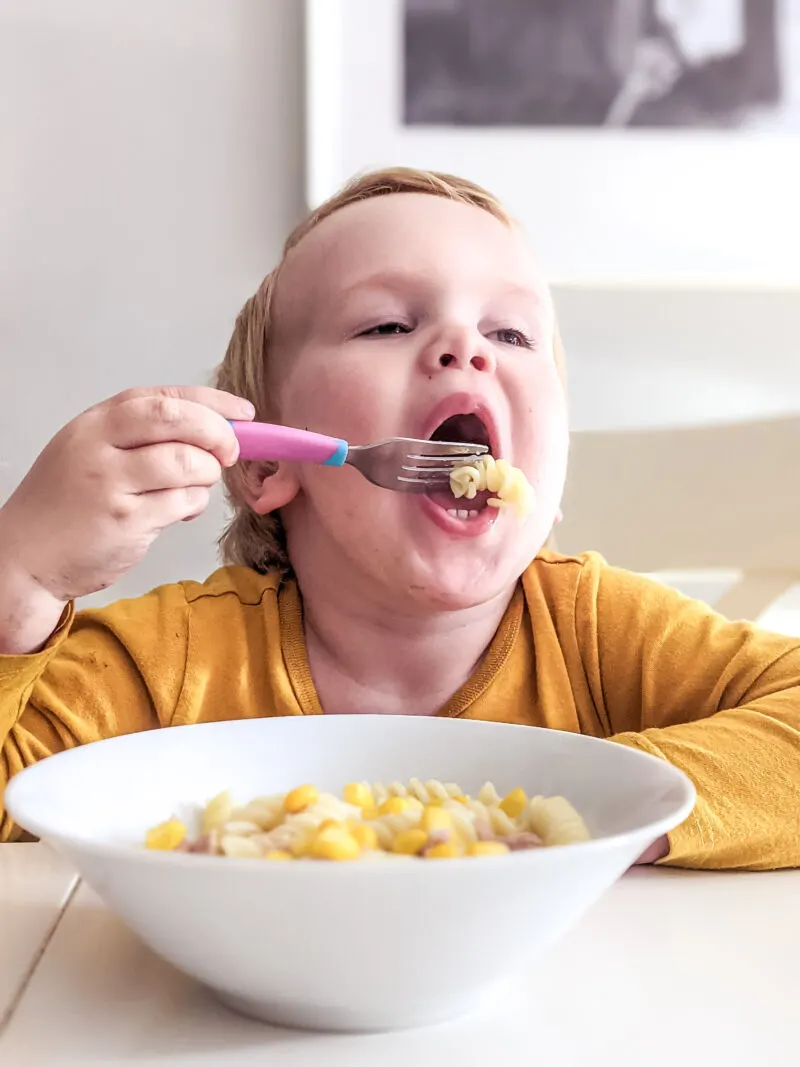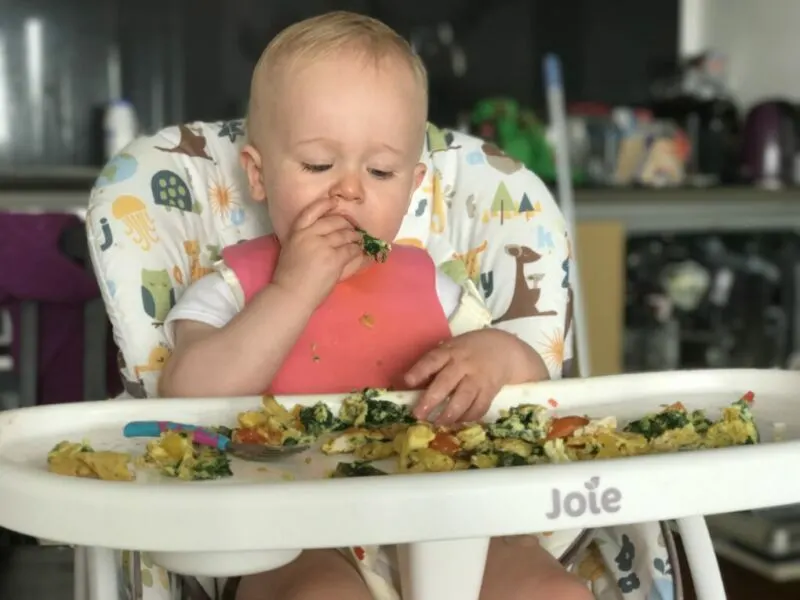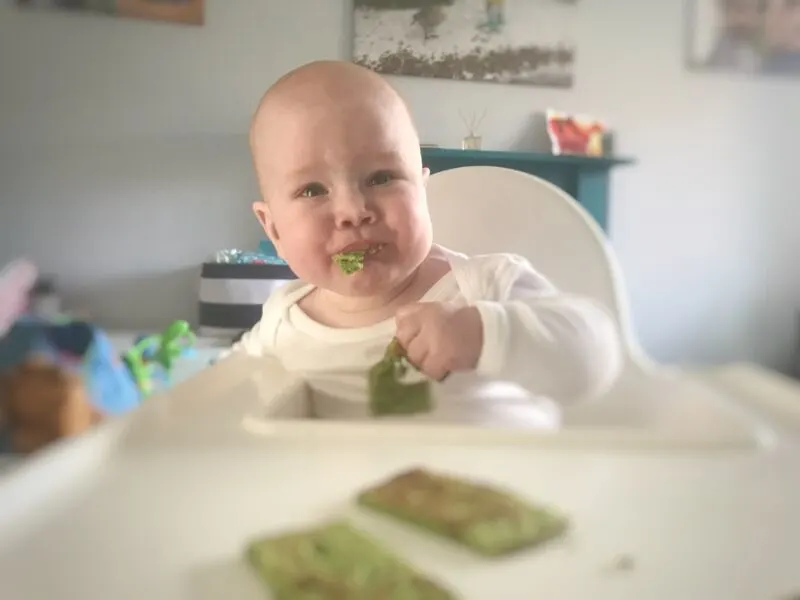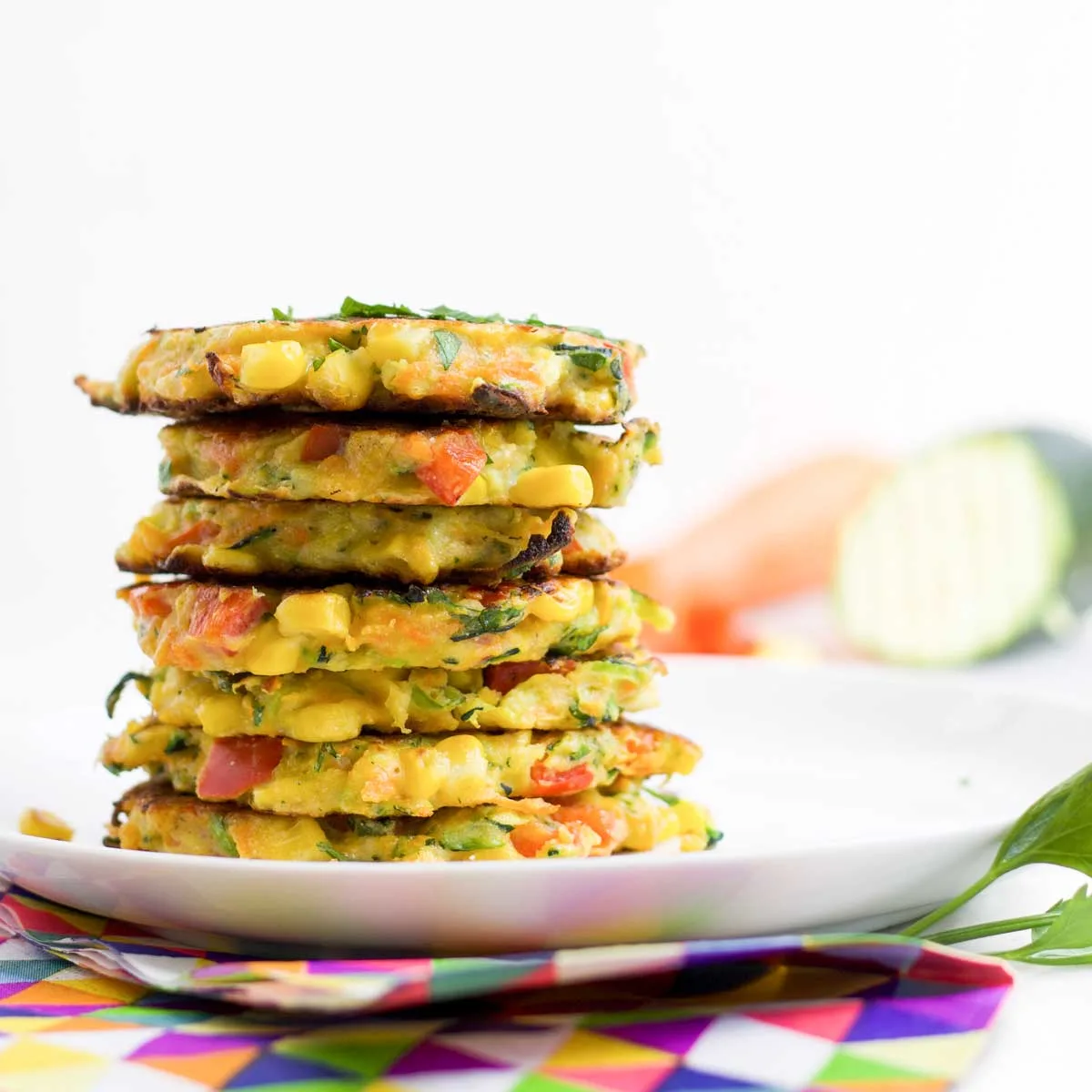Quorn is a popular meat alternative product and can be used in a variety of home cooked dishes as a healthy, low-fat alternative to traditional ingredients. Parents with specific dietary requirements, such as vegetarianism or veganism, are likely to wonder if their children can eat the same types of meals as them, hence the question: can babies eat Quorn? Unfortunately, if your child is under the age of 3, the answer is no.
Although Quorn is a good source of protein and an excellent alternative to meat, it is not recommended for babies under the age of 3. This is due to its high fibre and low-fat content which will fill your baby up without giving him the proper nutrition and energy needed for him to develop.

Tips for providing a healthy, balanced diet for vegetarian babies.
It is still possible for your baby to lead a vegetarian lifestyle, even without the inclusion of Quorn alternatives. Diets that do not include meat products can still be highly nutritious and balanced, but parents will need to plan meals with care to ensure their baby’s calorific and nutritional needs are met. Sadly, the answer to “can babies eat Quorn” may well be a no, but there are still plenty of things that you can do to ensure your baby enjoys a healthy, balanced diet.
- Provide vegetarian formula, breast milk, or full-fat cow’s milk
- Consider offering daily vitamin supplements
- Offer your baby food from all the remaining food groups
- Know your protein, iron, and Omega-3 sources
- Look out for fortified foods
Let’s take a closer look at each point in turn.
Provide vegetarian formula, breast milk, or full-fat cow’s milk
It’s perfectly fine to feed your baby a vegetarian diet; for most babies, this dietary change will start with their milk options. If you’re breastfeeding, you don’t need to worry about what’s going into your baby’s body, and the same goes for those parents who have children old enough to drink full-fat cow’s milk. One of the things that you do need to watch out for is formula milk. Although you may think to ask, can babies eat Quorn?, you probably won’t consider wondering is baby formula is vegetarian? Always make sure you check the ingredients label as some formula milk brands contain fish oils or animal rennet.

Consider offering daily vitamin supplements
One of the pros of offering your baby vegetarian formula milk and full-fat milk is that it is normally fortified with vitamins and minerals that your baby needs to develop properly and ward off illnesses. One of the reasons that babies shouldn’t eat some meat alternatives when asked, “can babies eat Quorn?” is because the fibre content fills their stomachs up before they’ve been able to gain the necessary calories, vitamins and minerals from their food.
Offering a varied diet, as well as additional vitamin supplements will help to keep your baby happy and healthy, as well as ward off illnesses such as rickets. It’s recommended that children aged between 1 and 4, and all babies (unless they’re having over 500ml of baby formula per day), should take a daily vitamin D supplement.
Offer your baby food from all the remaining food groups
A balanced diet is key to healthy development, strong immunity, energy levels, and laying down the foundation for a healthy relationship with food. Therefore, although the answer may be no to “can babies eat Quorn?”, that doesn’t mean that you should neglect the other food groups. Many parents asking this question are looking for protein sources that can replace the natural proteins that are found in meat, so it’s always important to do your research into a vegetarian diet and ensure that all the other food groups are playing a role in your baby’s diet.

Know your protein, iron, and Omega-3 sources
This leads us nicely into researching and understanding which foods are going to be the most beneficial for your baby when you start weaning them on a vegetarian diet. Assuming that you’re not only looking to cut meat out of your baby’s diet, but also fish, you’re going to want to spend some extra time preparing foods that contain protein, iron, and Omega-3.
For vegetarian protein sources, instead of asking “can babies eat Quorn?” try to incorporate dairy products such as cheese, milk, and yoghurt. You should also consider providing pulses, eggs, and nut butters (but never whole nuts, as these are a choking hazard).
Iron can be found in foods such as pulses, dark green leafy vegetables, wholemeal or fortified bread, nut butters, fortified breakfast cereals, and dried fruits such as apricots.
Omega-3 is vital for brain development and other functions, so it’s important to provide foods that contain this essential fatty acid. Typically, those who eat meat and fish will get their weekly recommended allowance of Omega-3 by eating 2 portions of oily fish, but for vegetarians, it is a little harder. Be sure to include seeds, such as flaxseeds, walnut butter, and Omega-3 enriched eggs.
Look out for fortified foods
Many vitamins that your baby will need in order to eat and sustain a balanced meal are already added to essential food items, such as bread and cereal. Foods that have been fortified contain additional nutrients that do not naturally occur in the product. For example, vitamin D is often added to milk and calcium is added to fruit juices.

How to feed your baby a vegetarian diet if they’re a fussy eater
Although the answer to “can babies eat Quorn?” may have been a little disheartening to those parents with fussy vegetarian eaters, do not panic because there are several ways to encourage babies and children to eat vegetarian foods that they may not be used to. Here are a few tips for parents with vegetarian children who are fussy eaters:
- Revisit foods. Do not force your baby to eat a certain food, instead come back to it after a couple of days or a week. It’s said to take as many as 10 times before you start to take to the taste.
- Switch up the food textures. For example, if your baby isn’t enjoying puree, try offering them boiled vegetables instead.
- Don’t try to offer new foods when your baby is tired or cranky.
- Let your baby feed themselves. Many babies prefer to explore food at their own rate instead of being spoon fed.
Can Quorn make babies sick?
Quorn contains many ingredients and some of them could cause an allergic reaction in babies. Most notably, the ingredients to look out for are mushrooms and eggs. Therefore before you ask yourself can babies eat Quorn? you should first check the ingredients to ensure it doesn’t contain anything that could cause an allergic reaction.
However, if your baby starts to feel unwell, sick, or complains of a stomach ache after eating Quorn, this is most likely due to its high fibre content. Too much fibre can not only stop your child from getting the necessary nutrients from a meal, but it can also cause painful trapped wind.

Can Babies Eat Quorn?
In summary, parents wishing to provide their babies with vegetarian or vegan alternatives to meat should avoid using Quorn products. Not only will eating Quorn fill your baby’s stomach up and cause them to skip meals, therefore missing out on vital nutrients, but it can also cause stomach upsets due to the high fibre content. Researching alternative food products that provide protein, Omega-3, and iron is an essential part of a vegetarian diet, therefore parents should carefully plan meals to ensure all nutritional needs are met.
